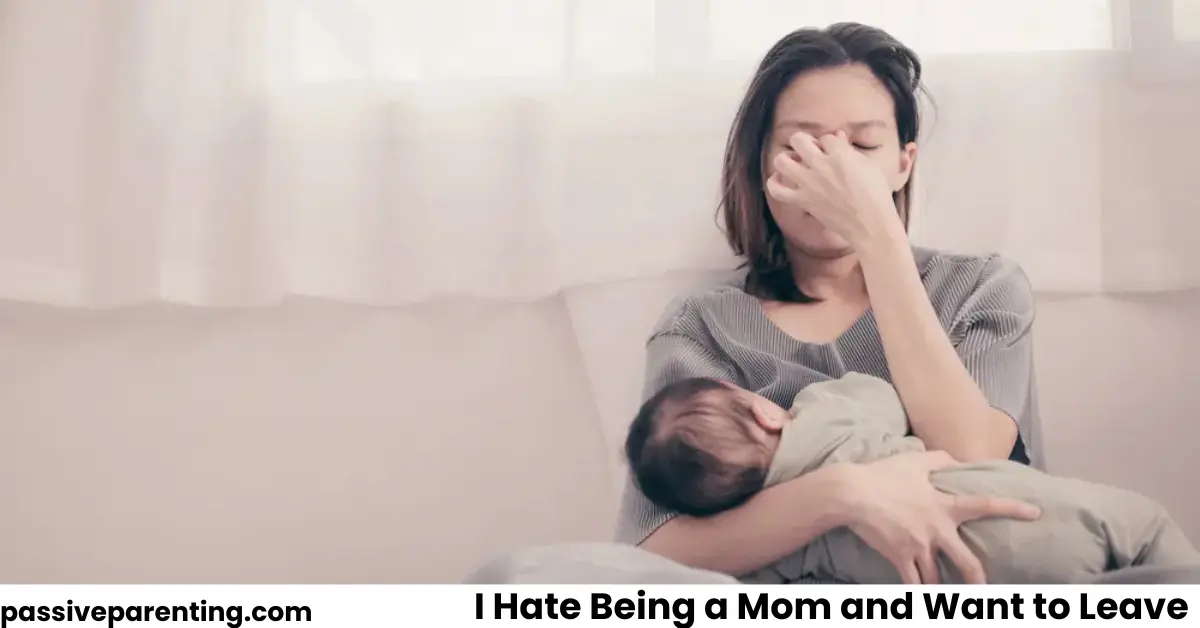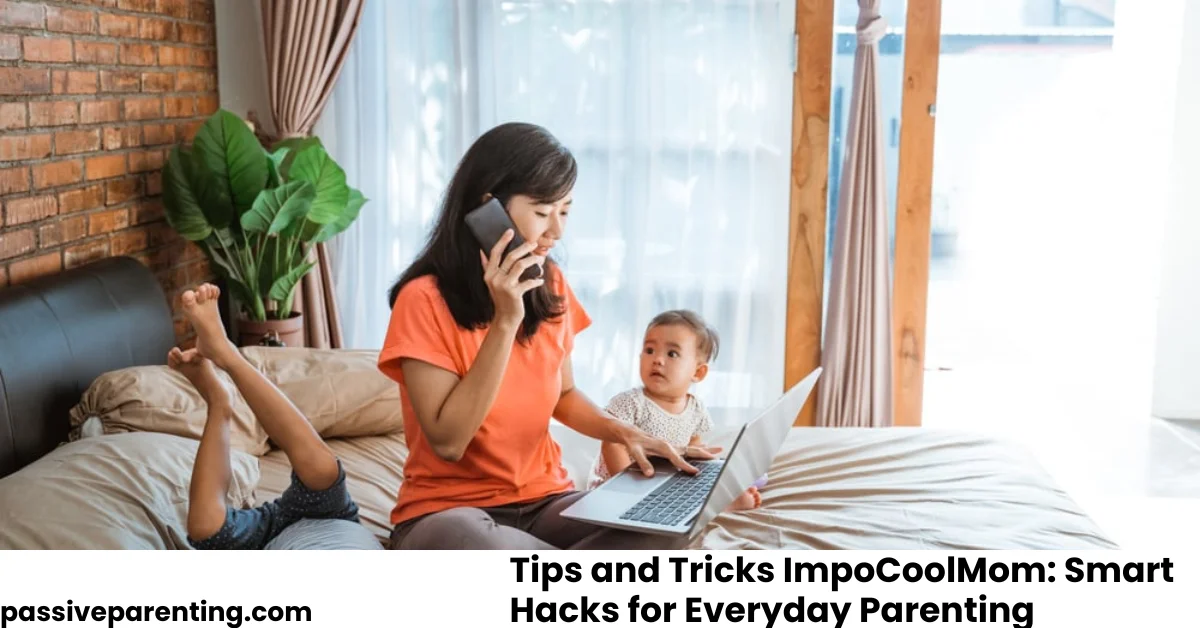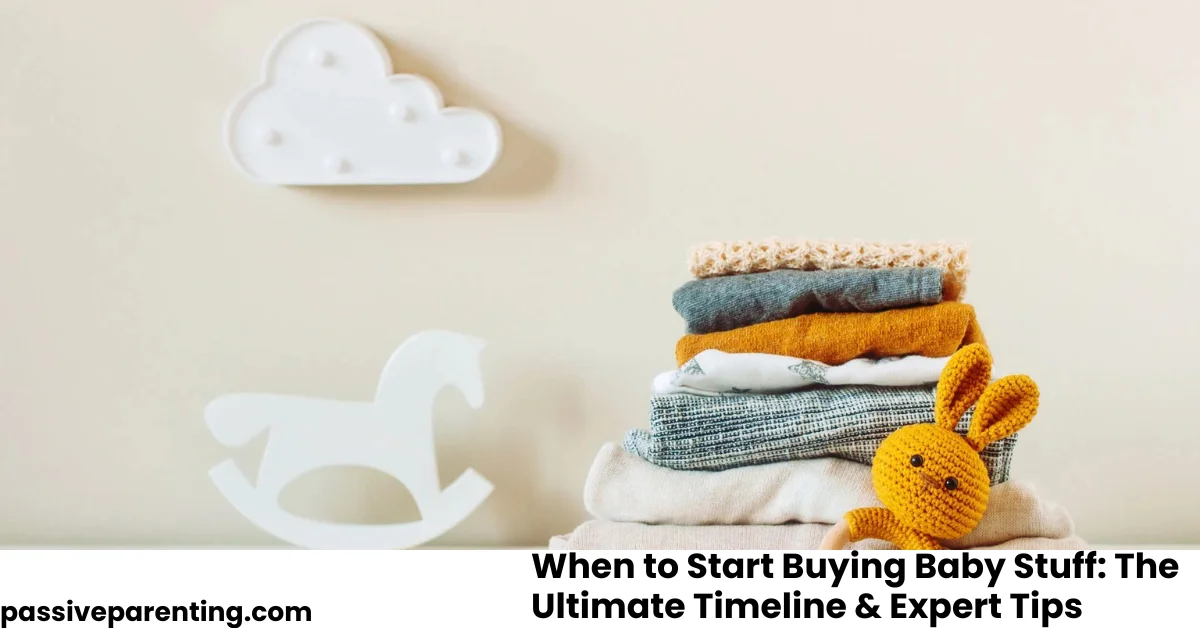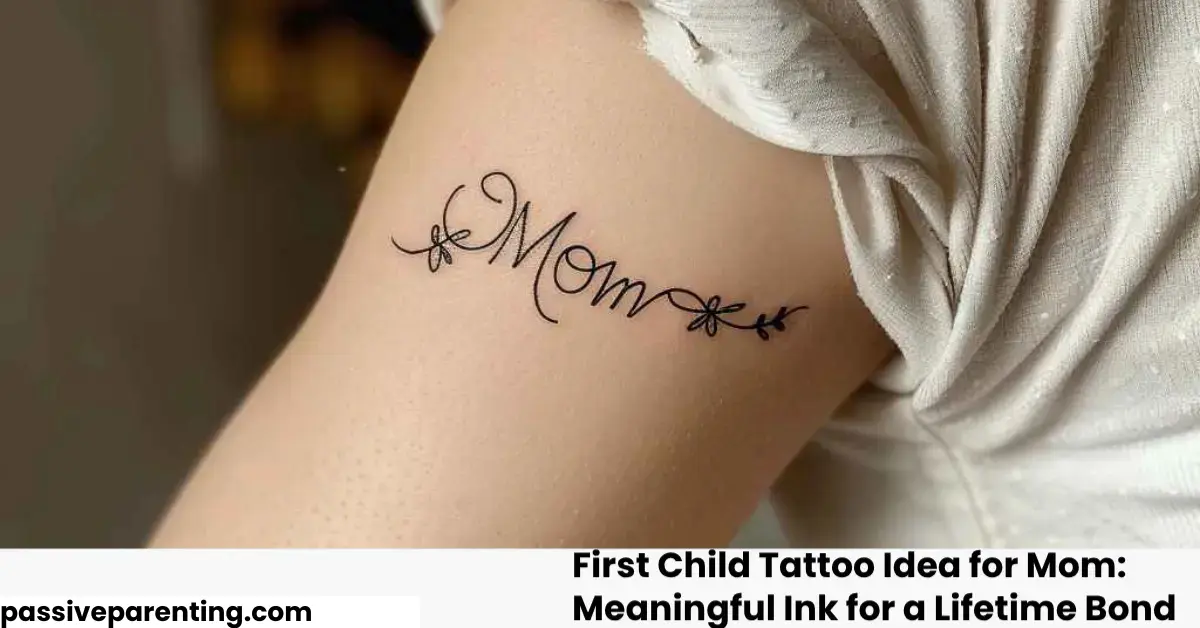Motherhood is often painted as the most joyful chapter of life—one filled with love, laughter, and purpose. But for many women, the reality feels drastically different. Thoughts like “I hate being a mom,” “I don’t want to be a mom anymore,” or even “I hate being a mom and want to leave” can arise—and when they do, they often come with a crushing mix of shame, guilt, and silence.
If you’re reading this and feeling like you’re drowning in motherhood, you’re not alone. This article is for you: the mother who’s tired, overwhelmed, and searching for a way out—or at least, a way forward.
Is It Normal to Hate Being a Mom?
The question haunts many mothers: Is it normal to hate being a mom?
The answer is yes—especially when you’re stretched beyond your capacity, emotionally exhausted, or unsupported. Thoughts like “I hate being a mom everyday” or “I don’t enjoy being a mom” don’t make you a bad person. They reflect your unmet needs, burnout, or even deeper mental health issues like postpartum depression or anxiety.
You may be thinking:
- I hate motherhood, but I love my child.
- I feel trapped in my life as a mom.
- I hate being home with my family and want to leave.
These thoughts are not unusual. What’s uncommon is the space to talk about them without judgment.
Why Do I Hate Being a Mom?
Feeling like “I hate being a parent” doesn’t come from nowhere. Here are some of the most common underlying reasons:
1. Loss of Identity
You were a whole person before becoming a mother. If you now feel like you’re just someone’s mom, the grief over losing your individuality is real.
2. Chronic Sleep Deprivation
The emotional toll of never getting proper rest affects your body, brain function, and mood. Over time, even the most patient person breaks down.
3. Unrealistic Expectations
You were told you’d “fall in love” with motherhood. But the reality of diapers, tantrums, and emotional labor rarely matches the fairy tale.
4. Lack of Support
Whether you’re a stay-at-home mom, working mom, or single parent—doing it alone without a partner or village leads to deep fatigue and hating motherhood.
5. Mental Health Conditions
If you’re experiencing intrusive thoughts, rage, or numbness, you could be facing postpartum depression or anxiety. It’s critical to seek help.
I Hate Being a Mom and Wife: When Resentment Spreads
Many women admit not just to hating motherhood, but also to struggling with their role as a wife. You might feel:
- Neglected by your partner
- Invisible and unappreciated
- Burdened by emotional and physical labor
The weight of being both caregiver and wife can feel impossible. You may think, “I hate my life as a mom and wife,” or even, “I hate being a wife and mother.” These aren’t selfish thoughts—they’re red flags that your needs are not being met.
What If I Don’t Want to Be a Mom Anymore?
It’s one thing to say “I hate being a mom,” and another to deeply feel: “I don’t want to be a mom anymore.”
These feelings are valid, but they also signal the need for serious support. If the thought of walking away becomes persistent—“I want to quit being a mom” or “I hate my family and want to leave”—that’s your brain’s way of crying out for help.
You don’t have to act on those feelings. But you do need to listen to them.
Hating Motherhood But Loving Your Kids: The Emotional Tug-of-War
You can love your children and still feel like you hate being a mother. This emotional contradiction can be deeply confusing, leading to guilt or internal conflict.
But here’s the truth: Loving your children and hating the role are not mutually exclusive.
Many moms say:
- “Sometimes I hate being a mom, even though I love my kids.”
- “I hate being a mom to a toddler—it’s so hard.”
- “I feel like motherhood has taken everything from me.”
These confessions are real, and more common than most mothers admit.
How to Cope When You Hate Being a Mom
Here’s what you can do when the burden of motherhood feels like too much:
1. Acknowledge Without Shame
The first step is to say it out loud—even if just to yourself. “I hate being a mom right now.” This acknowledgment opens the door for healing.
2. Seek Mental Health Support
Therapy can be life-changing. You can speak with licensed professionals thr
3. Ask for Help
Whether it’s a babysitter, friend, partner, or daycare—relief matters more than perfection. You are not meant to do this alone.
4. Create Emotional Boundaries
You don’t need to attend every meltdown. You’re allowed to step away, breathe, and regroup.
5. Redefine What a “Good Mom” Means
Being a good mom isn’t about loving every minute—it’s about showing up, even imperfectly.
When You Want to Leave: Should You Act On It?
The phrase “I hate being a mom and want to leave” may terrify you. But let’s explore what that really means.
Do you want to:
- Escape for a few hours?
- Get a weekend alone?
- Leave permanently?
Clarify whether you need space or separation. Many mothers who’ve felt this way report that time away—even just a night—reduced their resentment and gave them perspective.
However, if you’re facing severe mental health issues or feel like walking away is the only option, professional help is crucial.
When Motherhood Feels Like a Prison
The emotional toll of motherhood can feel like entrapment. You might think:
- “I don’t enjoy being a mom.”
- “I hate being home with my family.”
- “I’m a mom and I hate my life.”
This sense of confinement is often tied to lack of autonomy, constant neediness, and emotional burnout.
You are not weak for needing an exit plan. You are human for needing freedom, rest, and a break from relentless caregiving.
I Hate Being a Mom to a Toddler: The Hardest Phase?
Toddlerhood is often cited as the most demanding stage. If you’re saying “I hate being a mom to a toddler,” you’re not alone.
Why it’s hard:
- Tantrums with no logic
- No alone time
- Safety concerns around the clock
- Sleep regressions
This phase does pass—but it’s okay to not enjoy it while it’s happening. You can vent, seek support, and find moments to reconnect with yourself.
Hating Being a Mom Doesn’t Make You a Monster
Feeling like you hate being a mom can feel like a dark, isolating secret—but it’s not a reflection of your character. It doesn’t make you selfish, broken, or unloving. It makes you:
- Exhausted – You’re mentally, emotionally, and physically drained from the constant demands. You haven’t slept through the night in months (or years), and every day feels like a marathon with no finish line.
- Undersupported – Maybe you’re carrying the load alone. Whether your partner is emotionally distant, physically absent, or simply unaware, you’re left managing everything—feeding, cleaning, soothing, planning—without help or recognition.
- Burned out – You’ve poured every ounce of yourself into your child, your household, your partner—and now there’s nothing left in the tank. You’re running on fumes, and even small tasks feel overwhelming.
You may hate the repetitive routines that never end. The constant noise, the toys scattered everywhere, the interruptions when you just need 10 minutes of peace. You may feel suffocated by the responsibility, trapped in a role that no longer feels like yours. Worst of all, you may hate that you’ve become someone you don’t recognize—angrier, colder, more detached.
But here’s the truth: You are not a monster. You are a mother in pain.
These feelings are signals—your mind and body telling you something isn’t working. And while motherhood may be relentless, you don’t have to suffer silently through it. There is support. There is relief. And yes, there is hope.
You are not alone. And you can get through this—one breath, one step, one honest conversation at a time.
If You’re Thinking, “I Don’t Want to Be a Mom Anymore,” Ask Yourself What You Do Want
When you’re overwhelmed to the point of saying, “I don’t want to be a mom anymore,” it’s easy to focus only on what you want to escape. But beneath that feeling is often a desperate plea for something deeper—something you need but aren’t getting.
So instead of asking why you want to walk away, ask yourself this:
What am I missing? What do I truly want right now?
Maybe you want…
- Time for yourself – Not five stolen minutes in the bathroom. Real, guilt-free time to be alone, breathe, and exist without someone needing you. Time to read, to rest, to just be without a child pulling at your body or your attention.
- A partner who listens – Someone who doesn’t just hear your words, but truly sees your struggle. A partner who understands that you’re not being dramatic or needy—you’re drowning. Someone who validates your pain instead of dismissing it.
- Physical help – You want someone to take the baby for a night. Do the dishes. Handle dinner. Clean the toys. Help with the emotional labor of appointments, birthdays, and mental checklists. Because carrying it all is what’s breaking you.
- A therapist who understands – A safe, non-judgmental space where you can say, “I hate being a mom right now” without being told to just “cherish the moments.” A place to unpack the weight you’ve been carrying silently for far too long.
- Space to cry, scream, and rest – You want permission to feel everything—anger, grief, fear, sadness—without guilt. You want to release it all without being told to stay strong. And then, you want to sleep. Deeply. Restfully. Without interruption.
These aren’t indulgences.
They aren’t luxuries. They’re needs.
They’re the things every mother deserves—but many rarely receive.
When you acknowledge what you truly want, you take the first step in reclaiming yourself—not just as a mom, but as a whole human being.
Rebuilding your identity doesn’t happen overnight.
But step by step—through honesty, support, boundaries, and healing—you can rediscover:
- Who you were before motherhood
- Who you are now, beneath the pain
- And who you want to become moving forward
Even if you don’t want to be a mom anymore in this moment, you still deserve to feel like a person again. That journey is not only possible—it’s necessary. And you don’t have to walk it alone.
FAQs About Hating Motherhood
Final Thoughts
If you’re thinking, “I hate being a mom and want to leave,” you’re not alone—and you’re not a bad mom. You’re exhausted, overwhelmed, and in need of care. These feelings don’t mean you don’t love your child. They mean you need support, rest, and space to breathe. Motherhood is hard, and it’s okay to say you’re struggling. You matter. Your needs matter. And it’s okay to ask for help.
This moment doesn’t define you—and you don’t have to face it alone.




